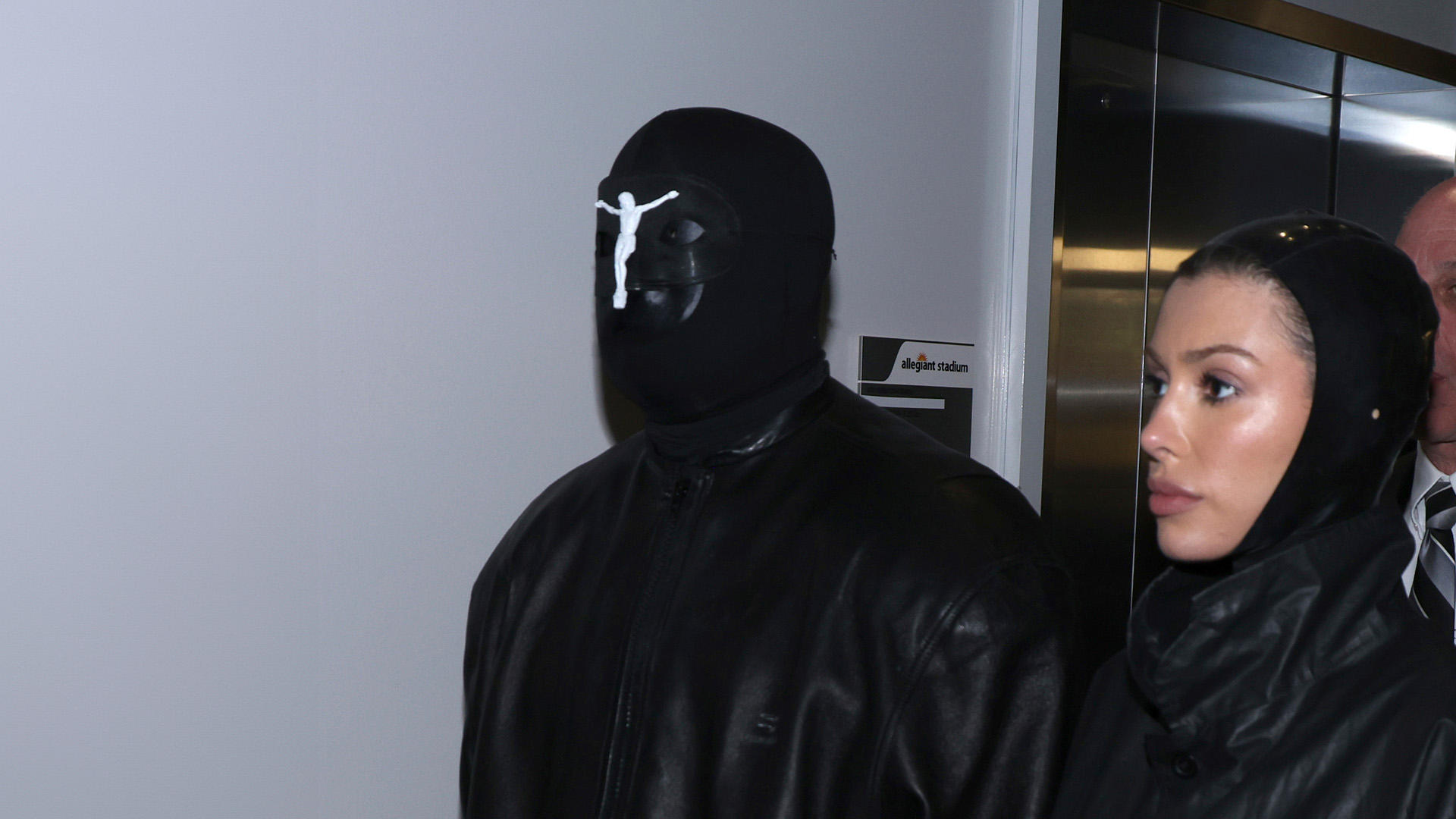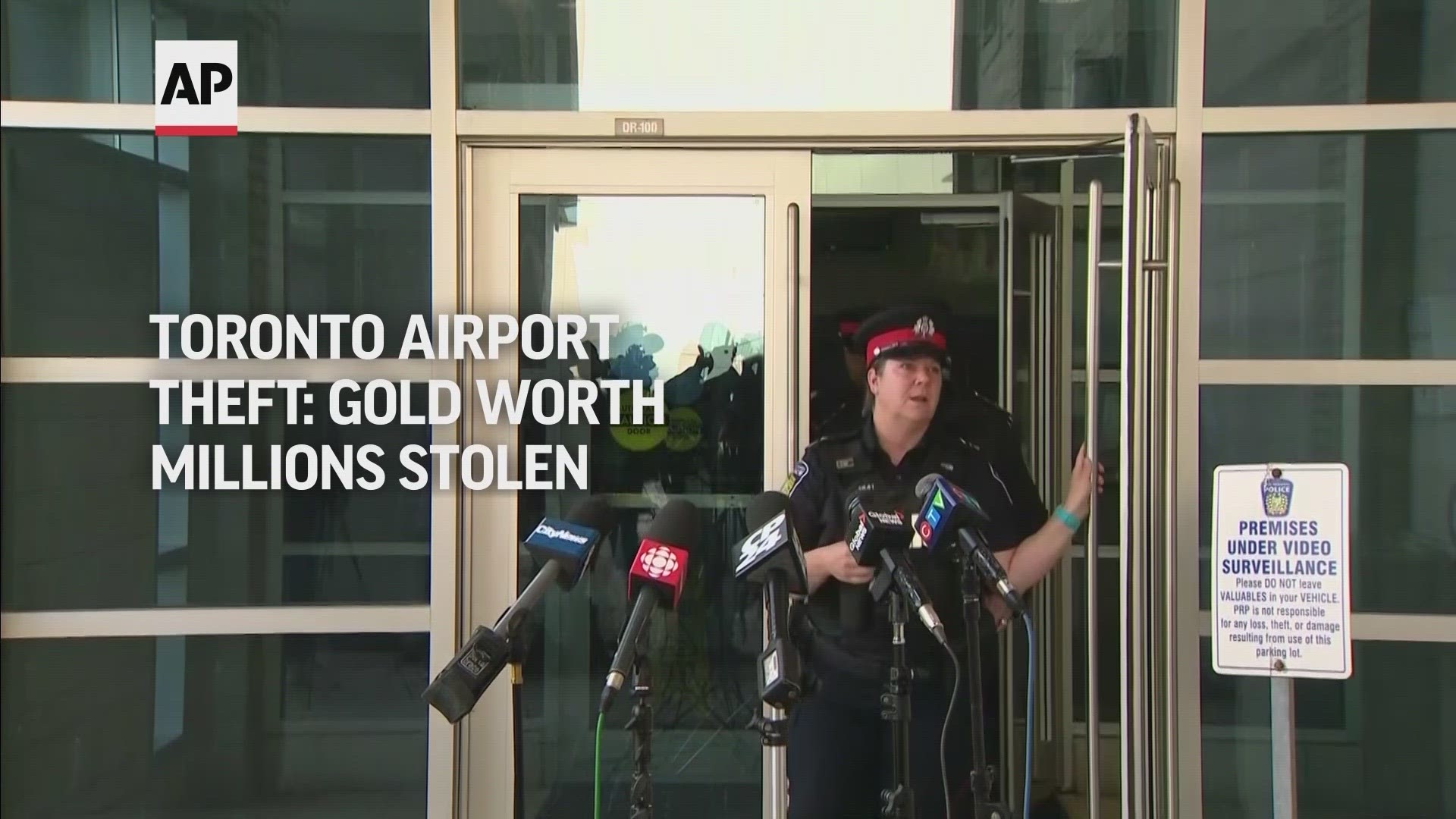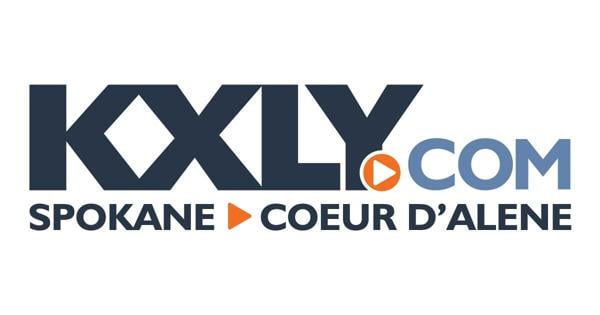FTC's Appeal: Future Of Microsoft-Activision Deal Uncertain

Table of Contents
The FTC's Arguments Against the Merger
The Federal Trade Commission (FTC) launched its antitrust lawsuit arguing that the merger would give Microsoft an unfair competitive advantage, stifling competition and potentially harming consumers. Their core arguments hinge on several key concerns:
-
Call of Duty Exclusivity: The FTC’s primary concern centers on Call of Duty, Activision Blizzard's flagship franchise. They argue that Microsoft could make Call of Duty exclusive to Xbox consoles and its Game Pass subscription service, harming competitors like Sony PlayStation, which relies heavily on the game's popularity. This exclusivity could significantly shift the market share, giving Microsoft an insurmountable lead.
-
Impact on Game Subscription Services: The FTC also highlighted concerns about the combined power of Microsoft's Xbox Game Pass and Activision Blizzard's game portfolio. They argued this consolidation could harm competition in the burgeoning game subscription market, potentially forcing other companies out or limiting their ability to offer comparable services. The lack of viable alternatives could lead to higher prices and fewer choices for consumers.
-
Market Concentration: The FTC expressed broader concerns about the increased concentration of power in the gaming industry. The merger would create one of the world's largest gaming companies, potentially leading to less innovation, higher prices, and reduced choice for gamers. They presented data suggesting this merger significantly reduces competition and creates a less dynamic market.
Microsoft's Defense and Counterarguments
Microsoft, in response to the FTC's lawsuit, has vigorously defended the merger, presenting counterarguments to address the regulatory hurdles. Their key defenses include:
-
Commitment to Call of Duty's Multi-Platform Availability: Microsoft repeatedly stated its commitment to keeping Call of Duty available on PlayStation, even signing a legally binding 10-year deal with Sony to ensure its continued availability. This commitment aims to directly address the FTC's concerns regarding exclusivity.
-
Benefits for Gamers and the Industry: Microsoft emphasizes the potential benefits for gamers, such as broader access to games through Xbox Game Pass and increased innovation fueled by the merger. They argue that the combined resources and expertise will lead to better games and a more vibrant gaming ecosystem.
-
Cloud Gaming Expansion: Microsoft highlights its plans to expand cloud gaming capabilities, arguing that this would actually increase competition by making games more accessible to a wider audience, regardless of console ownership. This aspect attempts to counter the FTC's claims of market dominance.
The Appeal Process and Potential Outcomes
The FTC's appeal initiates a complex legal process involving judicial review. Several potential outcomes are possible:
-
Timeline: The appeal process could take months, even years, to resolve, depending on the court’s schedule and the complexity of the legal arguments.
-
Full Approval: The court could fully uphold the merger, allowing Microsoft to proceed with the acquisition of Activision Blizzard.
-
Partial Approval with Conditions: The court might approve the merger but impose certain conditions, such as requiring Microsoft to divest certain assets or make further concessions to address the FTC's concerns.
-
Complete Rejection: The court could fully reject the merger, effectively killing the deal and forcing Microsoft to abandon its pursuit of Activision Blizzard. This would have a considerable ripple effect through the gaming industry.
Impact on the Gaming Industry
The FTC's appeal and its eventual outcome will have significant implications for the gaming industry:
-
Game Developers: The decision will influence how game developers and publishers negotiate contracts and interact with large platform holders.
-
Console Wars: The outcome could reshape the competitive landscape of the console market, impacting the strategies and market share of major players like Sony, Nintendo, and Microsoft.
-
Industry Consolidation: This case will set a precedent for future mergers and acquisitions in the tech and gaming sectors, potentially influencing future consolidation trends.
-
Game Prices and Subscription Services: The long-term impact on game prices and the viability of subscription models remains uncertain, depending on the final ruling.
Conclusion
The FTC's appeal against the Microsoft-Activision merger presents a significant challenge to the deal, raising complex questions about antitrust law, competition, and the future of the gaming industry. The arguments presented by both sides showcase the high stakes involved. The outcome will not only determine the fate of this specific merger but also shape the future of large-scale acquisitions in the tech sector. The uncertainty remains, leaving the gaming world in suspense. Stay tuned for updates on this landmark case as the future of the Microsoft-Activision deal remains uncertain. Keep checking back for further analysis of the FTC's appeal and its potential implications for the gaming world.

Featured Posts
-
 Where To Invest Mapping The Countrys Thriving Business Centers
May 18, 2025
Where To Invest Mapping The Countrys Thriving Business Centers
May 18, 2025 -
 The Kanye West Taylor Swift And Super Bowl Controversy
May 18, 2025
The Kanye West Taylor Swift And Super Bowl Controversy
May 18, 2025 -
 Millions Stolen Office 365 Executive Email Hacks Fuel Criminal Enterprise
May 18, 2025
Millions Stolen Office 365 Executive Email Hacks Fuel Criminal Enterprise
May 18, 2025 -
 Gambling On Natural Disasters The Troubling Trend Of Betting On The Los Angeles Wildfires
May 18, 2025
Gambling On Natural Disasters The Troubling Trend Of Betting On The Los Angeles Wildfires
May 18, 2025 -
 Snls Profanity Debate Bowen Yangs Perspective
May 18, 2025
Snls Profanity Debate Bowen Yangs Perspective
May 18, 2025
Latest Posts
-
 Analyzing Michael Confortos Performance Overcoming Early Spring Challenges
May 18, 2025
Analyzing Michael Confortos Performance Overcoming Early Spring Challenges
May 18, 2025 -
 Michael Confortos Hot Streak Continues In Dodgers Victory Over Mariners
May 18, 2025
Michael Confortos Hot Streak Continues In Dodgers Victory Over Mariners
May 18, 2025 -
 Amanda Bynes Only Fans Debut Strict Rules And New Chapter
May 18, 2025
Amanda Bynes Only Fans Debut Strict Rules And New Chapter
May 18, 2025 -
 Confortos Spring Training Slump How He Bounced Back
May 18, 2025
Confortos Spring Training Slump How He Bounced Back
May 18, 2025 -
 Michael Confortos Early Season Struggles A Look At His Overcoming Them
May 18, 2025
Michael Confortos Early Season Struggles A Look At His Overcoming Them
May 18, 2025
